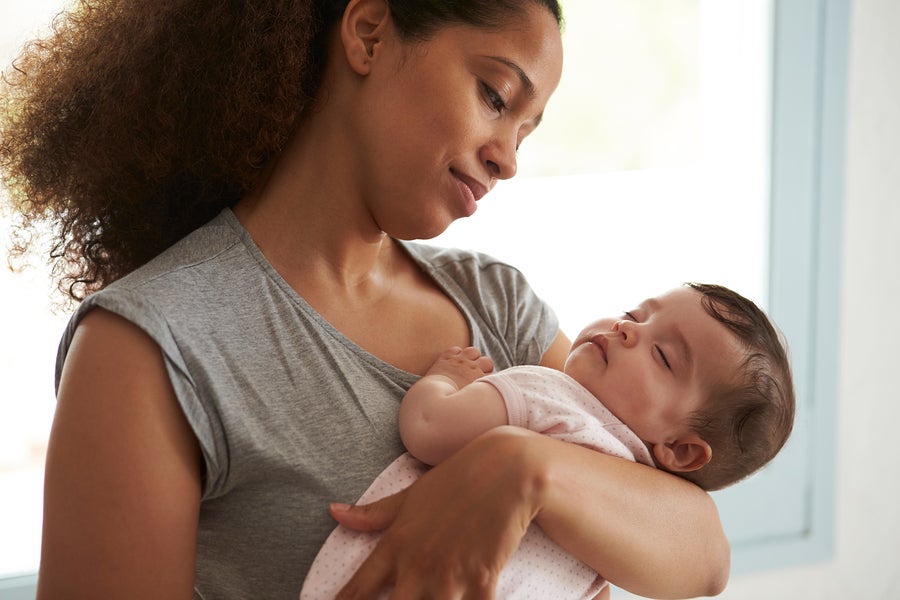As we wrote last year, Congress should consider making permanent changes to Puerto Rico’s federal Medicaid financing structure to ensure the long-term viability of its Medicaid program. This includes eliminating Puerto Rico’s federal funding cap over time, raising the federal matching rate and requiring fuller compliance with the same federal Medicaid requirements that now apply to the states. Such improvements would allow Puerto Rico to maintain and expand Medicaid coverage for its low-income residents, increase access to and quality of care and strengthen the still-stressed and damaged health care system. It would also make Puerto Rico’s Medicaid program far more resilient and responsive in the event of another hurricane or other natural disaster.
A bill (H.R. 3371) recently introduced by Representative Nydia Velasquez and several other co-sponsors would do just that. The bill includes the following essential components.
Addresses Puerto Rico’s immediate federal funding shortfalls.
The bill would avert the federal Medicaid funding crisis Puerto Rico faces in fiscal year 2020 and in coming years. According to the Medicaid and CHIP Payment and Access Commission (MACPAC), because temporary Medicaid funding provided by both the 2018 disaster relief bill and the Affordable Care Act expires later this year, Puerto Rico will face a projected federal funding shortfall of about $1 billion in fiscal year 2020. Puerto Rico is expected to exhaust all its federal funding for the fiscal year by March 2020. Without additional federal funding (and assuming Puerto Rico can maintain its own spending but cannot increase its contributions to the cost of the Medicaid program in response to the shortfall, which is highly likely), Puerto Rico could be forced to cut its Medicaid enrollment by nearly 500,000 people, a cut of 36 percent. The shortfall is estimated to rise to more than $1.5 billion in fiscal year 2021.
The bill would raise the annual federal funding cap to about $3 billion per year between 2020 and 2024. That’s an increase of about $13 billion above the highly inadequate block grant amounts Puerto Rico will otherwise receive under current law. In addition, the bill would also set the federal Medicaid matching rate for Puerto Rico to 83 percent. (Under current law, the Medicaid matching rate for Puerto Rico is equal to 100 percent under the disaster relief bill but starting in fiscal year 2020, it will revert to the regular matching rate of 55 percent.) This part of the bill is generally consistent with the request Puerto Rico’s governor submitted to Congress in May 2019 to address federal Medicaid funding shortfalls over the next five years. To ensure that Puerto Rico uses the greater funding and matching rate not only to fund its existing program but also to make some improvements and thereby increase beneficiaries’ access to needed care, the bill requires Puerto Rico to raise reimbursement rates for hospitals and physicians, ensure coverage of prescription drugs that treat Hepatitis C and help more low-income Medicare beneficiaries also on Medicaid pay for their Medicare premiums. If Puerto Rico fails to make these improvements over the five-year period, its matching rate would be reduced.
Ensures sufficient federal funding to sustain and improve Puerto Rico’s Medicaid program on a permanent basis.
Starting in 2025, it would entirely eliminate Puerto Rico’s federal Medicaid funding cap. Instead, as with the states, the federal government would pay a fixed percentage of Puerto Rico’s Medicaid costs without limit. That percentage — Puerto Rico’s federal matching rate — would equal 83 percent through 2029. Starting in 2030, the matching rate would be determined in the same manner as for the states (i.e. based on how a state’s per capita income compares to the national average).
In addition, the bill would require Puerto Rico to make sustained improvements to its Medicaid program and come into fuller compliance with federal eligibility and benefit requirements that now apply to the states. As MACPAC has written, like other territories, Puerto Rico covers low-income individuals and families at far lower income eligibility levels than in the states by using a local Commonwealth poverty level rather than the federal poverty level. For example, children are covered under Medicaid and CHIP only up to about 90 percent of the federal poverty level. Puerto Rico also covers only 10 of 17 mandatory Medicaid benefits. It also covers very limited benefits under the comprehensive Early and Periodic Diagnostic Screening and Treatment (EPSDT) benefit for children. EPSDT is particularly important in ensuring that children with special health care needs have access to the treatment and services they need.
In 2022, the bill requires Puerto Rico to submit a Territory Transition Plan, after stakeholder input and public comment, indicating how it will make an increasing number of programmatic improvements over time starting in 2027. That includes expanding eligibility to the same mandatory groups as required of states and providing nursing home care, home health care, non-emergency transportation, comprehensive mental health care and full EPSDT benefits. If Puerto Rico fails to meet the required number of improvements at certain milestones established under the bill and under Puerto Rico’s Transition Plan, it would be subject to a reduced matching rate. To help Puerto Rico plan for and implement these Medicaid improvements, the bill would also temporarily increase the matching rate for administrative costs.


